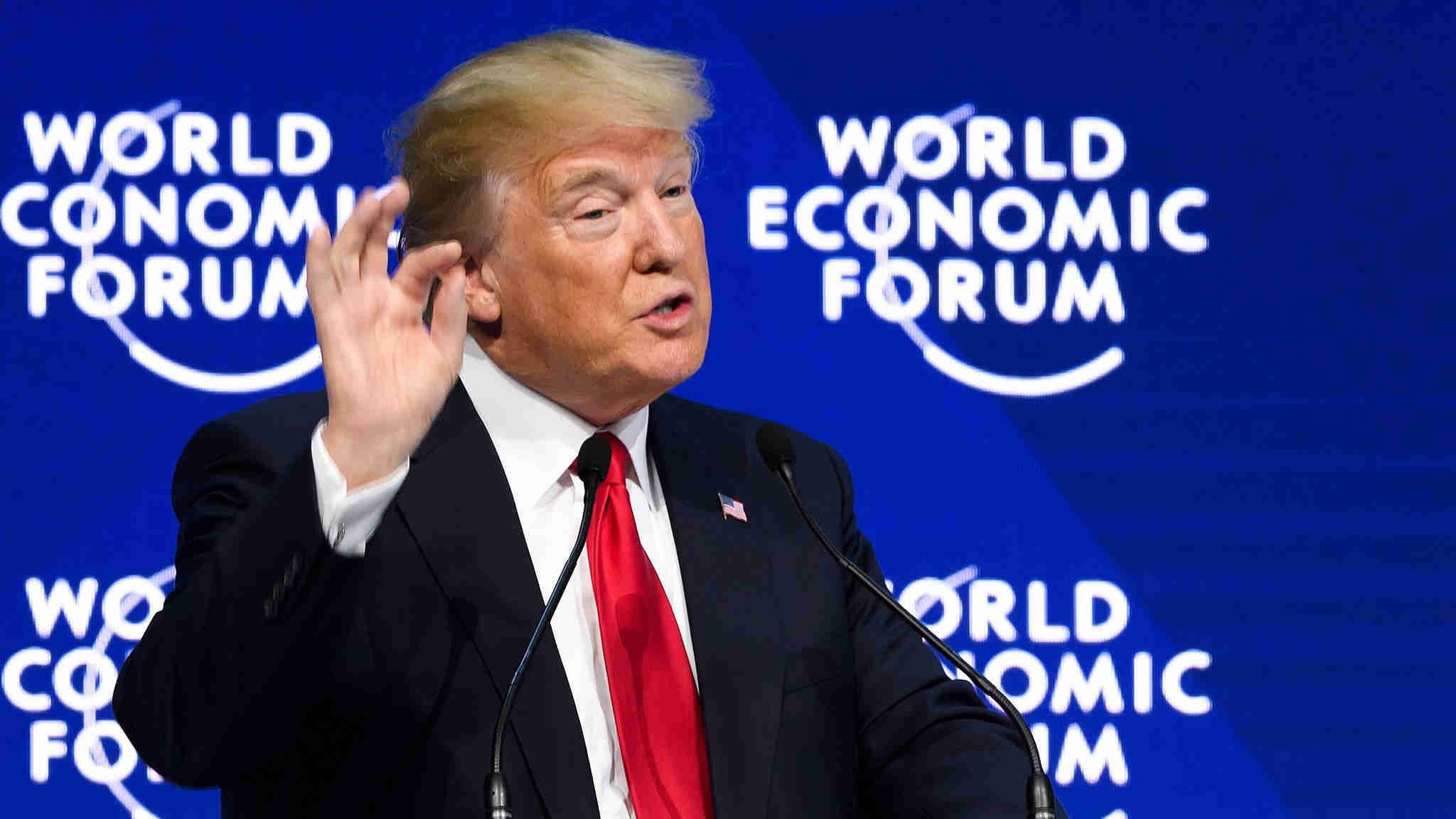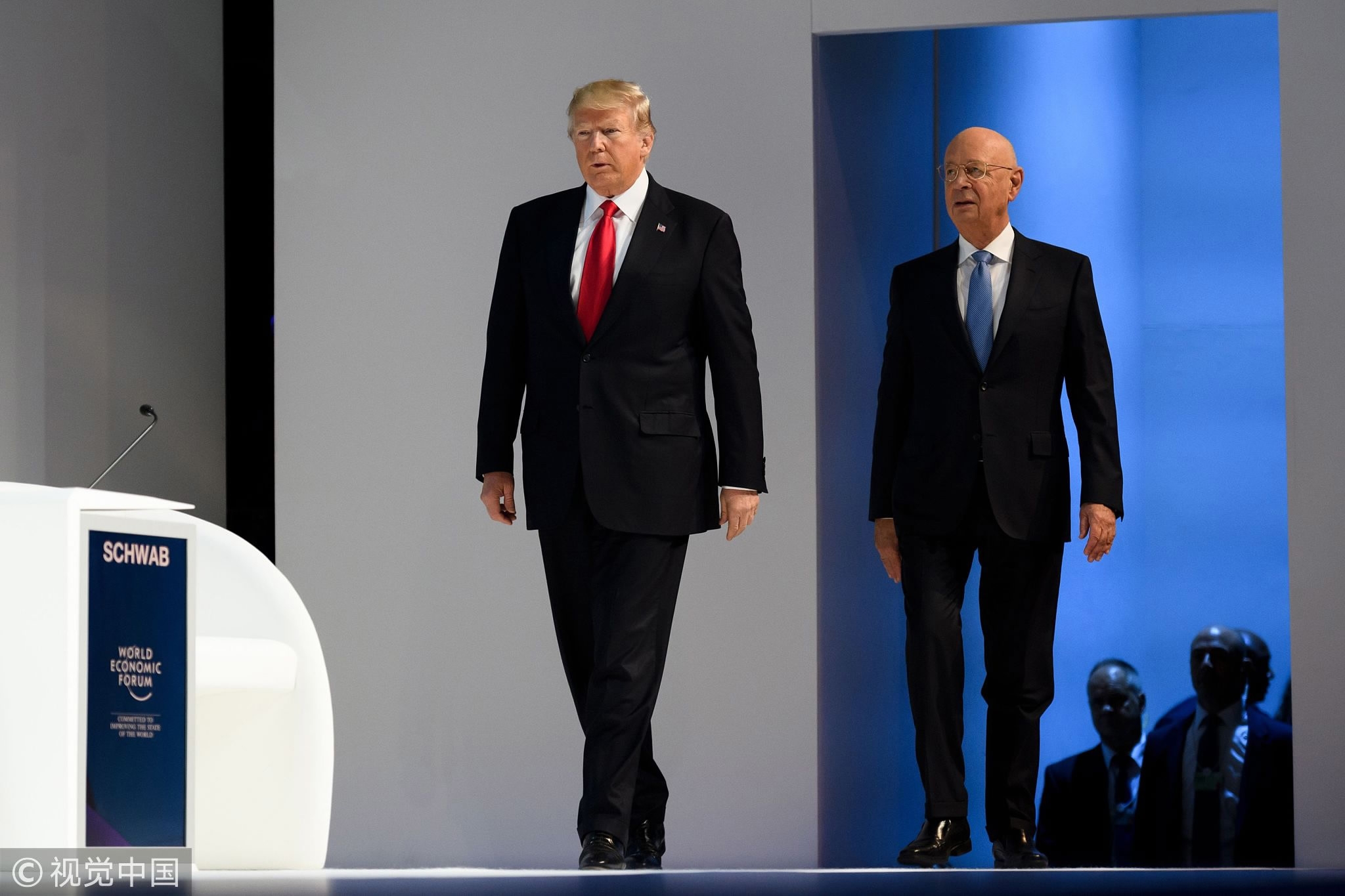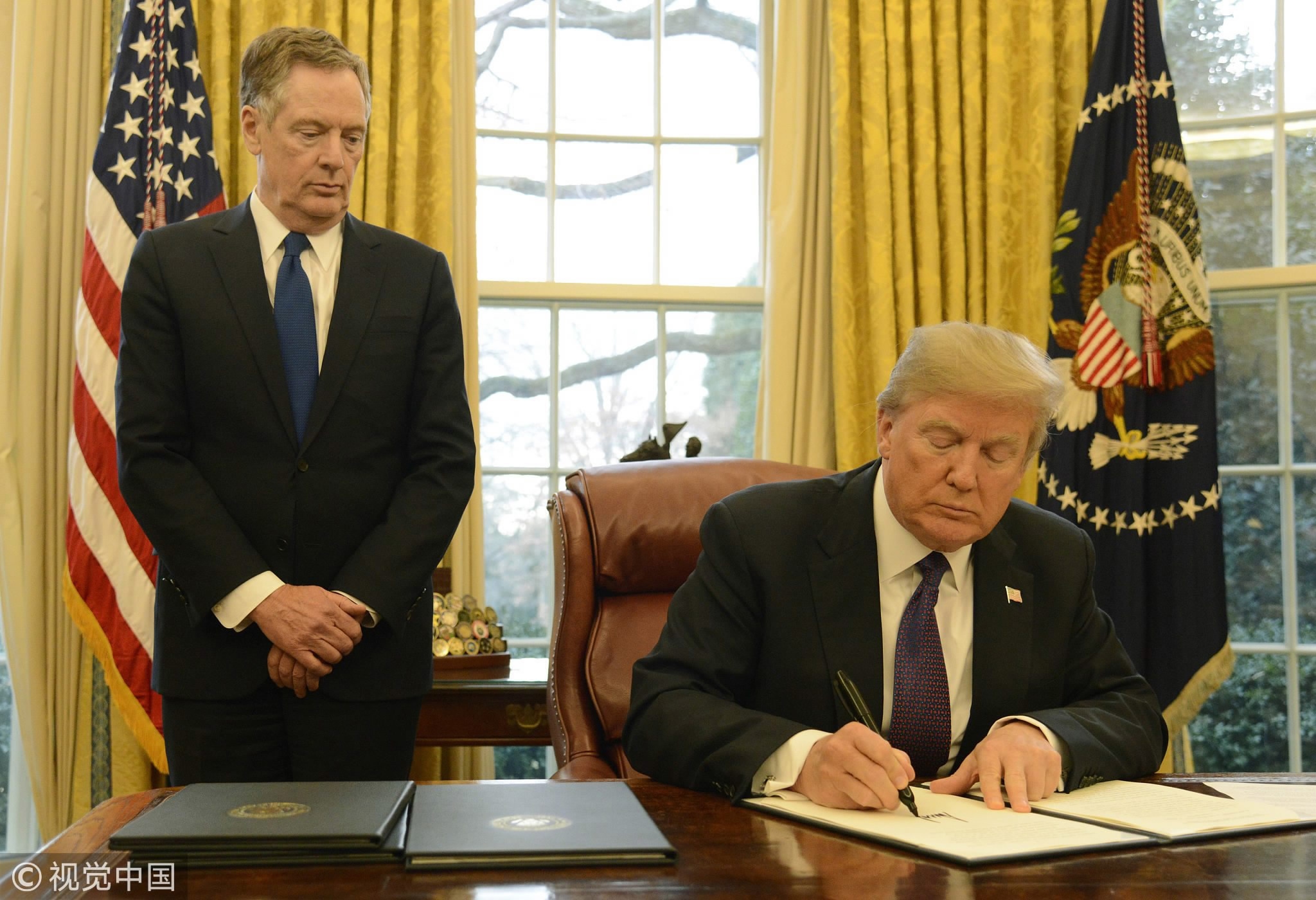
Opinions
19:03, 29-Jan-2018
Opinion: Trump’s high-sounding words need actions to match
Guest commentary by Dr. Summer

During his speech at the World Economic Forum in Davos, Switzerland last Friday, US President Donald Trump elaborated his vision for a better world. While it may sound appealing, I discovered some problems with Trump’s remarks after reading the transcript of his speech.
Empty talking
First, Trump expressed his good wishes for a better world by saying that “America hopes for a future which everyone can prosper and every child can grow up free from violence, poverty, and fear.” He stressed that his government is “helping every American find their path to the American dream. The dream of a great job, a safe home and a better life for their children.” If the American people can have a beautiful dream for a great job, a safe home and a better life, how about people in other countries? Can they share the same dream with the American people for a better world? And how? Empty talk can be a good tactic for election campaigns, but it cannot solve practical problems facing the world today.

US President Donald Trump (L) arrives on stage followed by Founder and Executive Chairman of the World Economic Forum (WEF) Klaus Schwab before delivering his speech at the World Economic Forum (WEF) annual meeting on January 26, 2018 in Davos, eastern Switzerland. /VCG Photo
US President Donald Trump (L) arrives on stage followed by Founder and Executive Chairman of the World Economic Forum (WEF) Klaus Schwab before delivering his speech at the World Economic Forum (WEF) annual meeting on January 26, 2018 in Davos, eastern Switzerland. /VCG Photo
Self-contradiction
There are also some statements in Trump’s speech that contradict each other. Take the trade issue, for example. In his speech, Trump stressed that “Just like we expect the leaders of other countries to protect their interests, as President of the United States, I will always protect the interests of our country, our companies and our workers.” In reality, how can he balance the idea of "America First" with "Others First"?
In his speech, Trump promised that “the United States is prepared to negotiate mutually beneficial, bilateral trade agreements with all countries.” When he insists on putting America first, how can he create a system that works “for all nations”?
Also, while criticizing some countries for granting “industrial subsidies,” Trump was boasting big tax cuts for American companies to “make America competitive.” In this case, where is the line between subsidies and tax cuts?
Promises and realities
As a goodwill gesture to attract foreign investment, Trump made this announcement: “Now is the perfect time to bring your business, your jobs, and your investments to the United States” as the US government has “undertaken the most extensively regulatory reduction ever conceived.” However, investment bids by Chinese companies have actually been blocked for “national and economic security” reasons. How can people in other countries believe his statement “America is the place to do business, so come to America where you can innovate, create and build”?

President Donald Trump (R) signs a Section 201 action as US Trade Representative Robert Lighthizer (L) looks on, at the White House, Washington DC, Jan. 23, 2018. /VCG Photo
President Donald Trump (R) signs a Section 201 action as US Trade Representative Robert Lighthizer (L) looks on, at the White House, Washington DC, Jan. 23, 2018. /VCG Photo
Cold War mentality
In his speech, Trump also listed “pervasive state-led economic planning” and “rogue regimes” as threats to trade. These concepts are legacies from the Cold War and the confrontation mentalities of the past. Today’s world has been through rapid and profound changes – changes that, if reversed, would become serious obstacles to progress.
I do hope that President Trump will not turn a deaf ear to the voices of justice so that he can join people from other countries to “create a bright future that is truly shared by all.”
(With a doctoral degree in communications from the Communication University of China, the author has been working in the field of international journalism for 30 years. The article reflects the author's opinion, and not necessarily the view of CGTN. )

SITEMAP
Copyright © 2018 CGTN. Beijing ICP prepared NO.16065310-3
Copyright © 2018 CGTN. Beijing ICP prepared NO.16065310-3